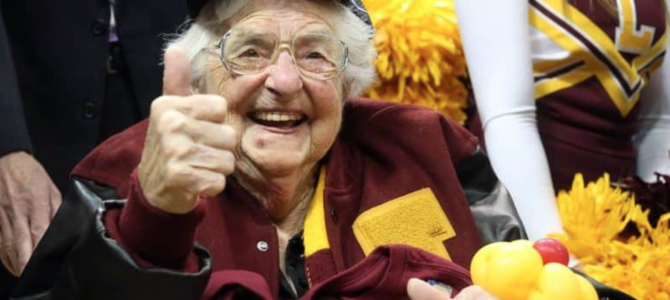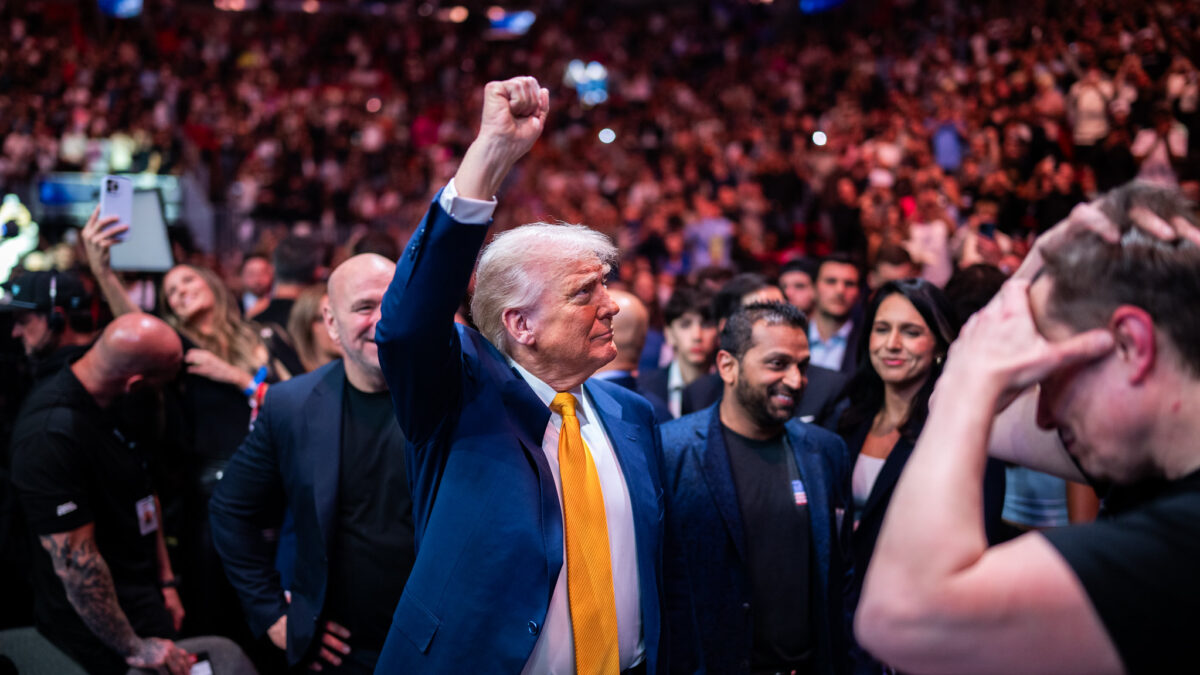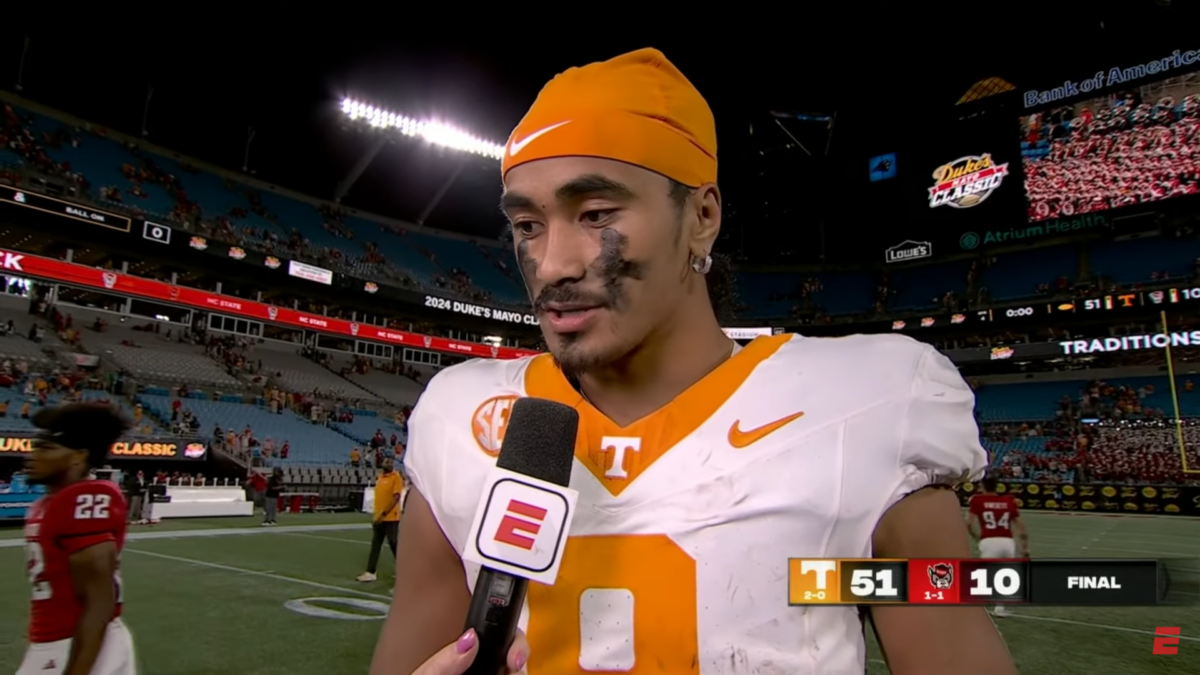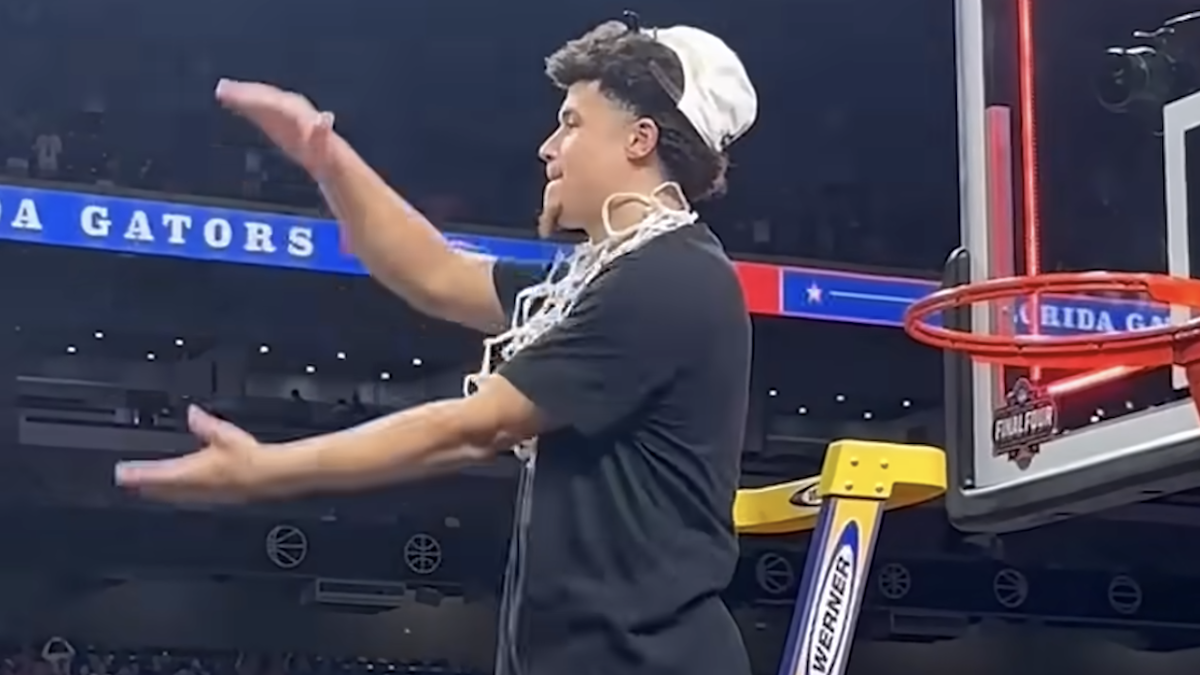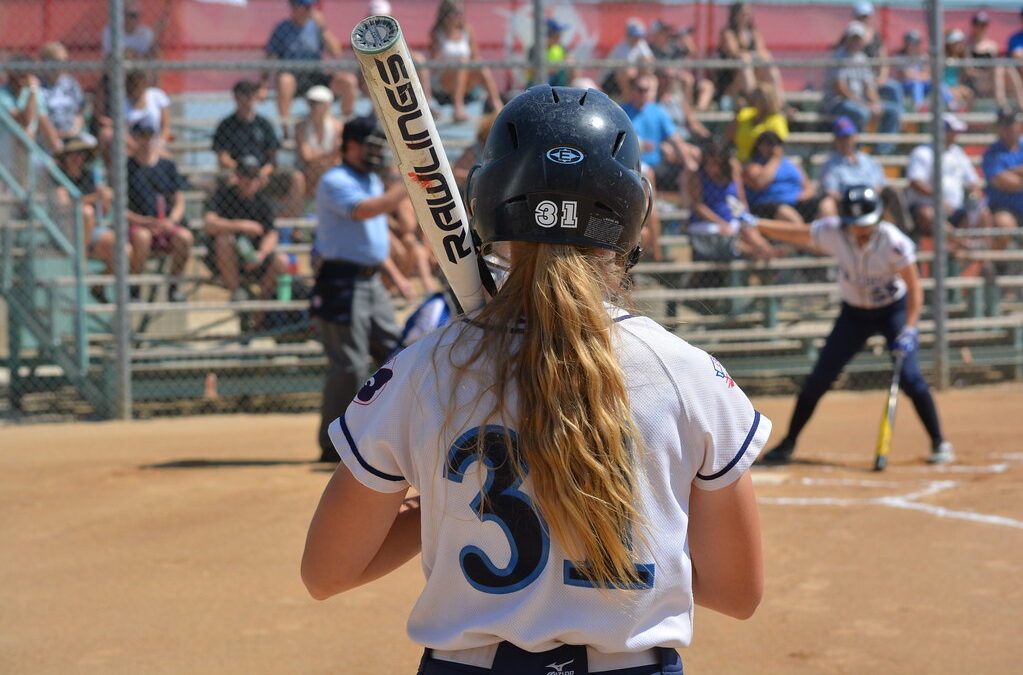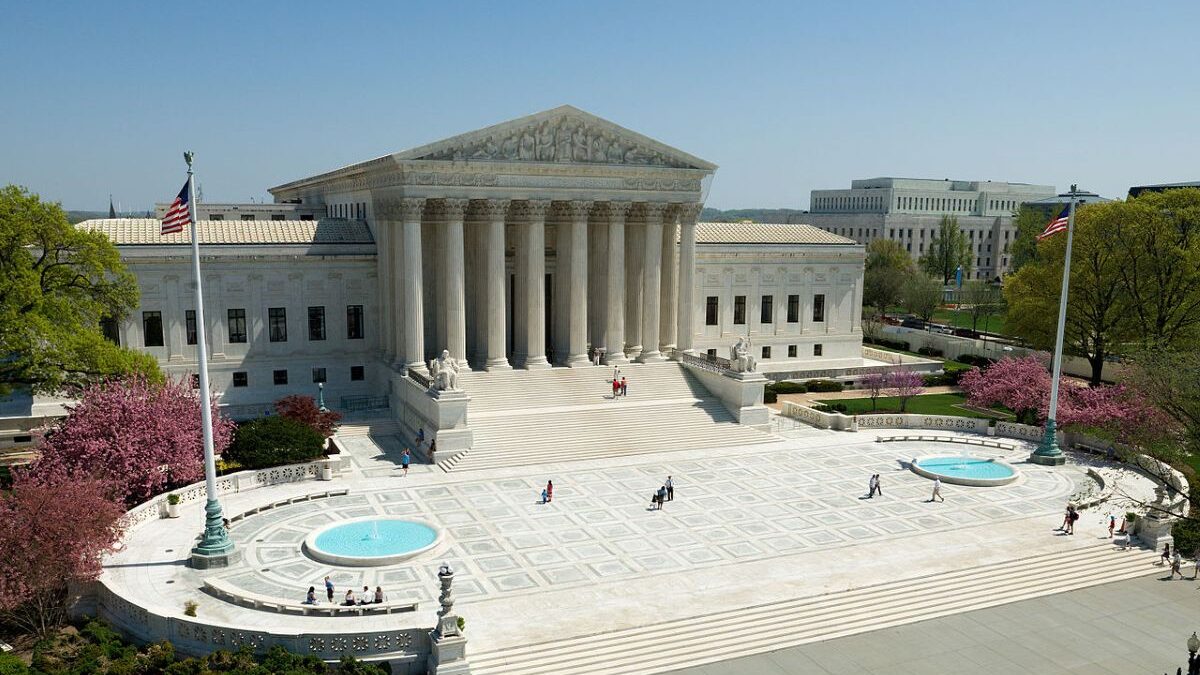A 98-year-old nun was the star of March Madness just two years ago. There will be none of that this year. Due to the continuing effects of the Wuhan coronavirus, fans both old and young will watch on TV like the rest of us, or on their iPhones at the office — if there’s even anything left to watch at all.
March 11, 2020 was the day March Madness died. NCAA President Mark Emmert said the decision to bar fans from the NCAA men’s and women’s basketball tournaments is “in the best interest of public health, including that of coaches, administrators, fans and, most importantly, our student-athletes.” It’s not often, or ever in recent history, that Emmert’s decision-making is commendable; this is the notable exception. The call starkly contrasted the bone-headed geniuses of the Ivy League, who earlier in the day had canceled all spring sports on the heels of another atrocious announcement that they’d canceled the conference basketball tournament.
Imagine working hard every day toward one goal, one crowning athletic achievement for your entire life, only to have that pulled out from under your feet by a bunch of administrators, without your voice ever being heard. The Ivy League robbed thousands of young men and women of what might’ve been the best memory of their lives, and there’s no consensus about whether any of us is safer for it.
Since Wednesday, however, the ACC, Big 10, Big 12, Pac-12, SEC, and Big East all followed suit, cancelling their tournaments due to the Wuhan virus.
The NBA has suspended its regular season after Utah Jazz center Rudy Gobert was diagnosed with COVID-19 on Wednesday. The league most certainly will return to the court but likely in front of empty arenas, a practice to which the Golden State Warriors had already committed. Silent, empty stadiums have become the norm around the globe, and many are quickly becoming cancellations.
Spring silence is far from ideal for March Madness, but for the players and coaches alike it would be far better than not playing at all. National player of the year candidate Myles Powell of Seton Hall told reporters, “I don’t care if we gotta play outside in the park. I mean, we’re going to be ready.” Two-time national champion Villanova coach Jay Wright said, “I don’t think it’s going to be as difficult for the players,” adding, “As a coach, your young guys that haven’t experienced [the NCAA tournament], you feel for them, but this is so big. This is a great life lesson for your guys.” The lesson for all of us in these extreme, decisive, angry times is a bit of moderation is often the right answer. It seems, however, in 24 hours, college basketball is losing whatever moderation it had.
Playing 67 games at venues around the country would be dangerous, but canceling one of sports’ greatest spectacles altogether is reckless. Credit Ohio Republican Gov. Mike DeWine for showing the NCAA the way by getting out in front of the problem and limiting spectators at tournament games in his state. After all, our first dose of fanless March Madness will be served up in Dayton, Ohio, next Wednesday and Thursday with the First Four games.
Will it be the travesty some have suggested? No. Will it be the incredibly compelling sports television we’ve become accustomed to? Doubtful. Top seeds used to playing close to home won’t have that added boost from a friendly crowd. Tournament Cinderellas like Sister Jeans Loyola will no longer be fan-fueled in Rocky Balboa-like fashion we’ve seen and heard in recent years. Starting next weekend, though, whatever remains of college basketball will be a wonderful respite, a pleasant distraction from the 24/7 panic fest being served up on cable news — and a little silence wouldn’t hurt in these increasingly loud modern times.
